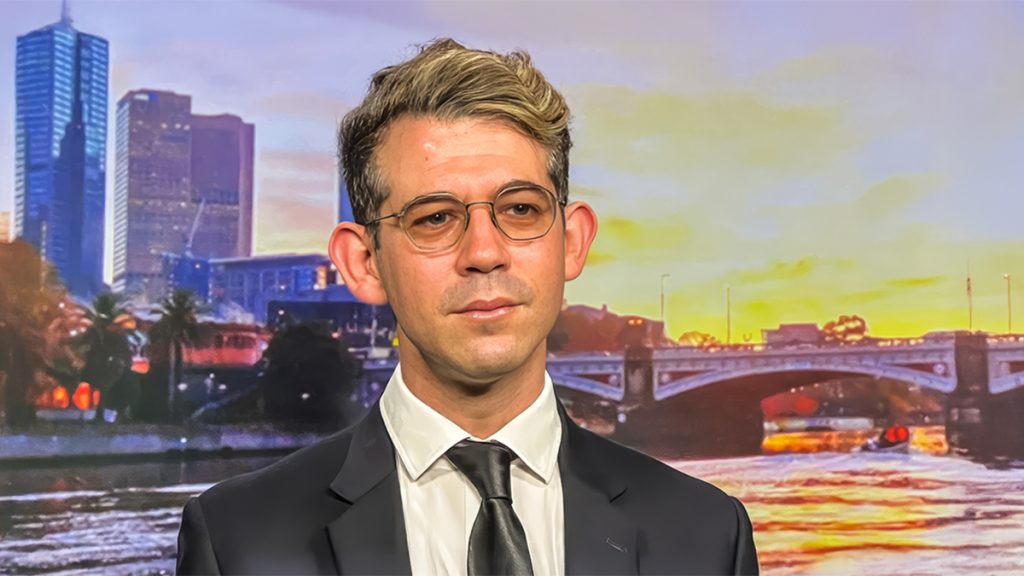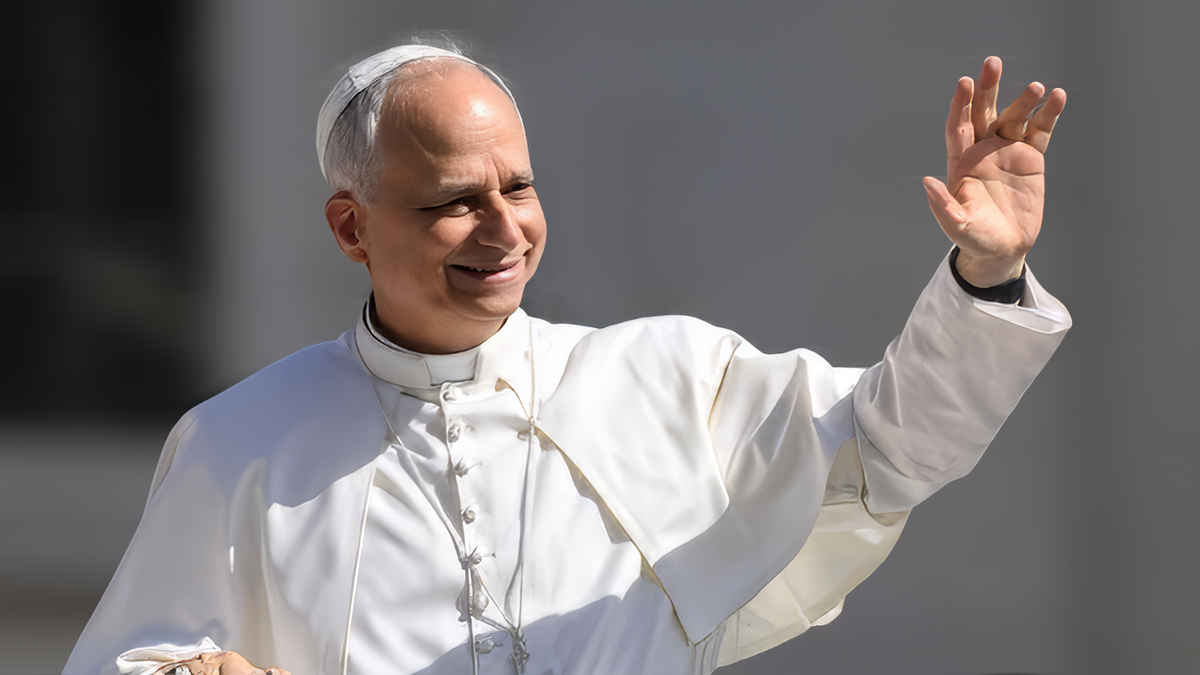In an age when political leaders chase opinion polls and CEOs worship at the altar of quarterly earnings, a white-robed elderly man exists as an anomaly on the world stage.
Elected not by the masses but by a college of cardinals, he answers neither to voters nor to markets but to a higher authority.
The pope is spiritual leader to 1.3 billion Catholics, yet he is also somehow more than that.
More than a religious figure
The pope is a moral and spiritual leader for all humanity – and we would have to invent him if he were not already with us.
He presides over an institution that has outlasted empires, survived reformations, and adapted through centuries while claiming to represent timeless truths.
Let’s be frank: the papacy is steeped in preternatural paradox.
“By articulating moral horizons beyond our immediate reach,
popes remind us
what ought to be.”
A paradox in white
The pope claims direct succession from St. Peter, Jesus’s first apostle, although he is clearly nothing like him.
He is a living hotline to the divine if you believe Catholic teachings, an anachronistic relic if you don’t.
The pope should mean something to you, even if you roll your eyes at the mention of his name.
Symbol of moral clarity
He gives voice to a morality unfettered by the constraints of our fractured, frenetic world of perpetual hot takes and viral outrage. That matters.
Philosophers are all too often our “go to” these days for abstract ethical frameworks.
Yet their brilliant moral theories mostly go nowhere. They lack institutional platforms or symbolic heft.
Ethics in action
The pope, on the other hand, embodies a unique synthesis of intellectual authority and pastoral action.
No philosophical paper can hope to match the visceral impact of Pope Francis washing prisoners’ feet or embracing a man disfigured by neurofibromatosis.
The pope’s words carry the weight of the Church, a social network even bigger than Facebook.
Ideals worth pursuing
They summarise collective conscience in an age sceptical of moral absolutes.
Popes have stood as bulwarks against the notion that ethical positions are mere subjective preference.
Sceptics might ask: are papal pronouncements not merely beautiful platitudes?
Yes, often. But even then, his idealism serves an essential function.
Contrast and clarity
By articulating moral horizons beyond our immediate reach, popes remind us that pragmatic compromises are not ultimate goods.
Their proclamations keep us honest about the gap between what is and what ought to be.
Compared to divisive figures like Donald Trump, the pope’s model of leadership prioritises enduring values over expediency.
Why the papacy still matters
Even when particular popes have failed morally, the office itself has survived.
Critics rightly point to scandals and persecution. These critiques matter. Yet paradoxically, they underscore why we need someone articulating a higher standard.
The papal tradition of long-term thinking is relatively modern—since Leo XIII.
But the pope’s universal mission gives him an edge over his spiritual competitors.
The point of the pope, then, transcends Catholicism. He represents the argument that some truths must stand firm, even in chaos.

- Miles Pattenden is Programme Director of the Europaeum at Oxford and lecturer in the Faculty of History is an expert on the papacy and the Catholic Church.
- First published on the Oxford University Humanities and Society website. Republished with permission.
- Flashes of Insight is an international publication. The editorial policy is that spelling reflects the country of origin.

